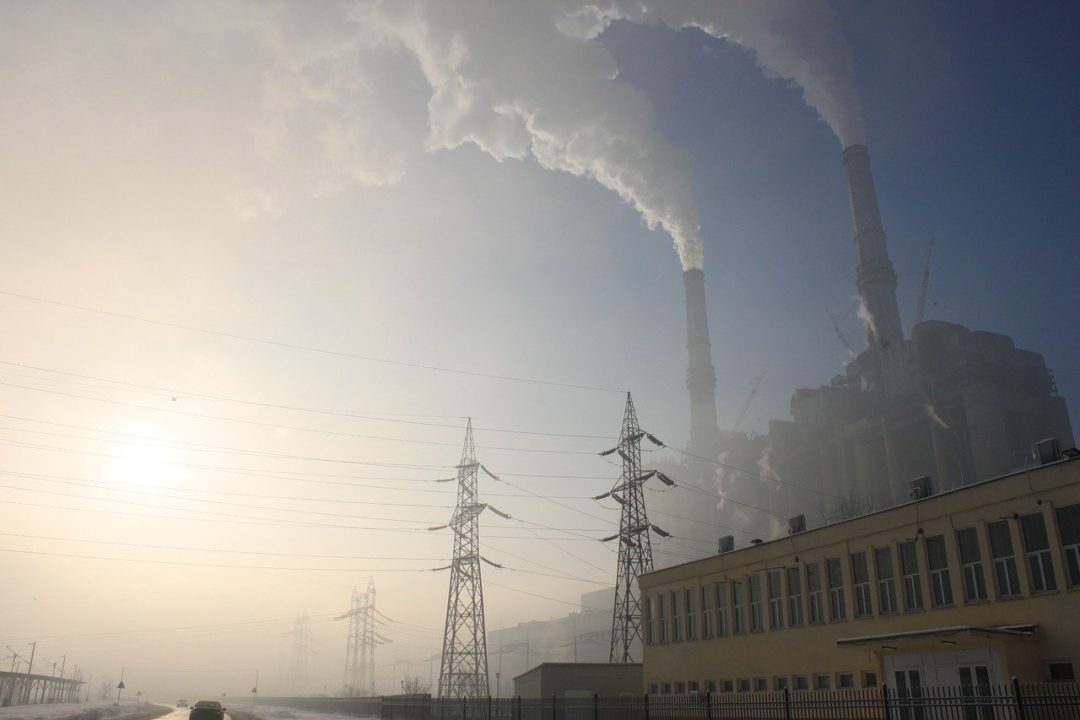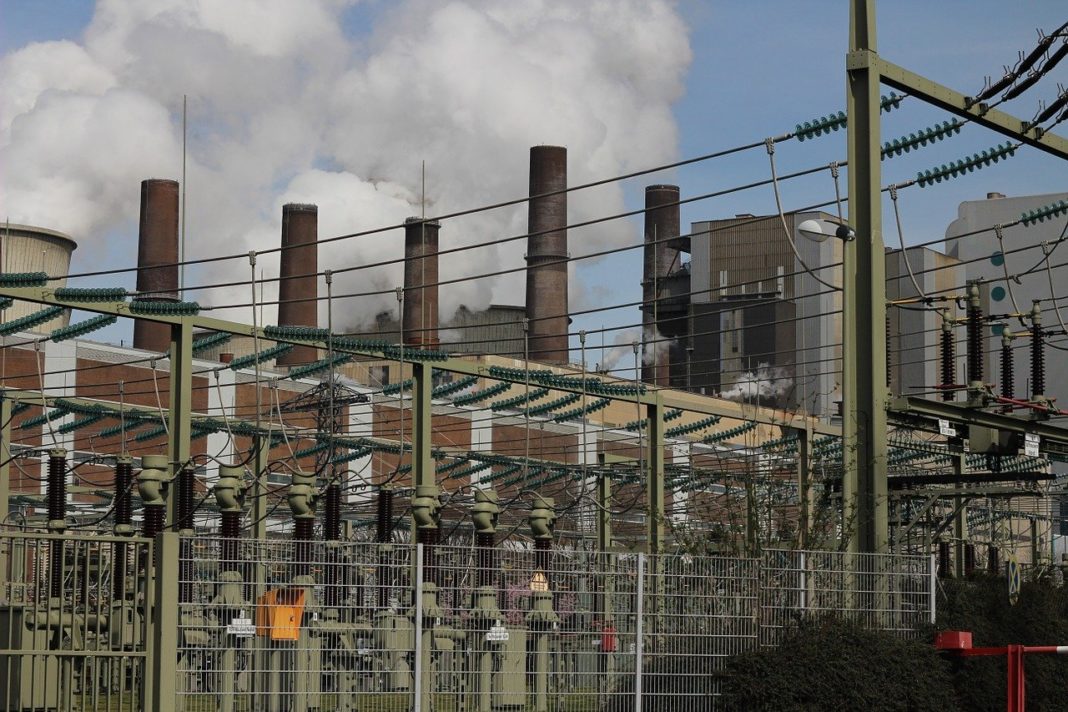While many countries are working to reduce carbon dioxide emissions by building solar and wind power plants, while some have traded gasoline cars for electric vehicles, while scientists are looking for sustainable renewable energy sources, Japan has announced that it will build 22 coal-fired power plants.
Does Japan Care?
It is incomprehensible that, in times of climate crisis, a developed country like Japan undoubtedly is taking a step back and returning to a source of energy that is proven to affect global warming and harm public health.
“Japan is an anomaly among the advanced economies. The coal era is over, but it is very difficult for Japan to give up the energy source it has relied on for so long,” said Yukari Takamura, Tokyo policy expert at the University of Tokyo, in an interview with the New York Times.

Over the next five years, Japan plans to build 22 coal-fired power plants in 17 locations across the country.
Japan does not seem to be bothered by climate change, nor has it signed the Paris Agreement, which promises to reduce emissions by 26% by 2030 – starting in 2013.
Consequences of Coal Combustion
Greenhouse gases such as carbon dioxide, sulfur dioxide, and nitrous oxide are released into the atmosphere when coal is burned. The gasses return in the form of acid rains to the earth, when aquatic ecosystems and human possessions suffer from it. Inhalation of gases affects mental health, causes serious health problems, including asthma.
In 2018, climate change caused high temperatures, causing more than a thousand people to die. Japan’s citizens have brought legal proceedings against the government that approved the Yokosuka project without examining the potential impact on air quality in the environment.
Source & credit: https://www.greenqueen.com.hk/japan-ignores-climate-risk-will-build-22-new-coal-power-plants/, pixabay.com















